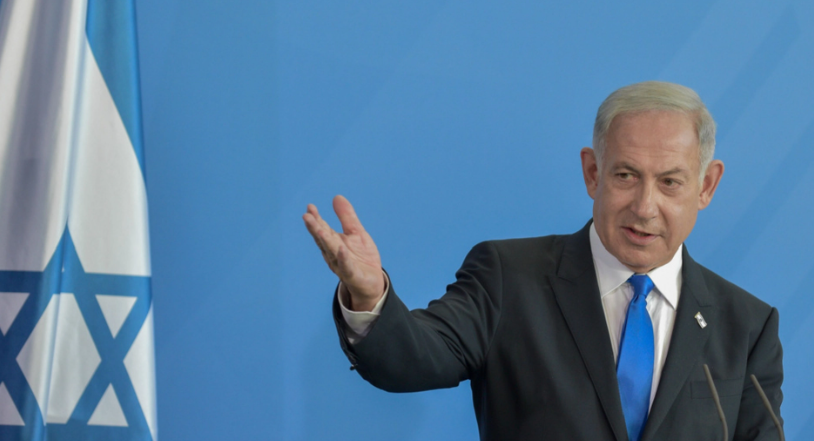The International Criminal Court’s call for arrest warrants against Israeli and Hamas leaders has exposed rifts within the European Union.
Others are reading now
The Chief Prosecutor of the International Criminal Court (ICC) has requested arrest warrants for Israeli Prime Minister Benjamin Netanyahu and leaders of Hamas, sparking controversy and revealing deep-seated divisions within the EU.
Reactions from EU member states have varied, reflecting the absence of a common EU strategy on the Middle East.
While the ICC is recognized as an independent judicial body, equating Netanyahu with Hamas leaders has provoked a mixed response.
In Brussels, political representatives are trying to stay calm and stress that no final decision has been made yet, according to Tagesschau.
Also read
Josep Borrell, the EU’s High Representative for Foreign Affairs, who is considered critical of Israel, stated matter-of-factly that the chief prosecutor’s decision had been noted.
An EU Commission spokesperson reiterated the importance of the ICC’s independence, yet some member states are critical of the application.
Mixed Reactions Among EU Members
Germany and France disagree on this issue. Germany criticized the prosecutor’s decision, while France accepted the chief prosecutor’s requests.
Like France, Spain and Ireland also supported the independence of the court. Irish European Affairs Minister Jennifer Carroll MacNeill stressed the importance of the ICC’s independence and that the court must do its job.
Hungary, which is not a member of the Criminal Court, stands firmly on Israel’s side. Prime Minister Viktor Orban described the request as absurd and shameful.
These different positions within the EU show the difficulties in finding a common line on foreign policy issues. The sensational application for an arrest warrant has once again made the foreign policy rift in the European community visible. There is no common EU strategy when it comes to the Middle East.
The ICC chief prosecutor’s decision could therefore test not only relations with Israel, but also the EU’s internal unity.


